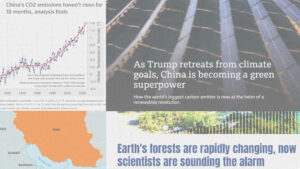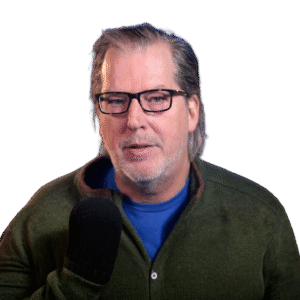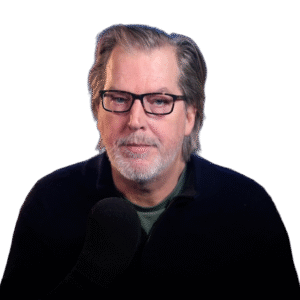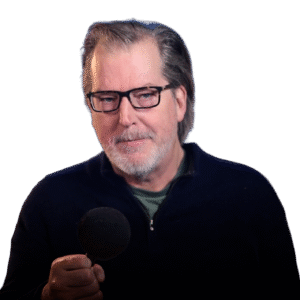
#79 | Frankly
The Biggest Takeaways from the Logic of the Superorganism
Description
As we piece together the different facets of our reality, the systems synthesis which emerges confronts us with some uncomfortable truths. These are the advanced inferences rooted in the logic of The Great Simplification. They have important implications for our expectations about the future and how we should respond in the present.
In this Frankly, Nate revisits some key messages from this channel and delves into some of the more challenging takeaways. The logic of the Superorganism reveals why narrow focus on solutions while extrapolating current trends will be insufficient for addressing the most important issues of our time and why these will increasingly have to be championed proactively, creatively and indirectly instead. As the biophysical and social limits to growth become harder to ignore, The Great Simplification synthesis points us to a more realistic portrait of the future: one of less for the ‘median’ human. Facing these realities is neither easy nor pleasant, but as more people arrive at a species-level conversation, it is necessary. Only by doing so can we look and plan several steps ahead to change the initial conditions of the future, in service of life.
In what ways are free markets and technology ‘false gods’? How does the metabolic hierarchy of the Superorganism dictate what gets prioritised in global decision making? And what speed bumps lie ahead on the road to The Great Simplification?
In French, we have a motto that says that a simple drawing is often better than a long explanation. Jean-Marc Jancovici Carbone 4 President
That’s very understandable because with left atmosphere thinking, one of the problems is that you see everything as a series of problems that must have solutions. Iain McGilchrist Neuroscientist and Philosopher
We can’t have hundreds and hundreds of real relationships that are healthy because that requires time and effort and full attention and awareness of being in real relationship and conversation with the other human. Nate Hagens Director of ISEOF
This is the crux of the whole problem. Individual parts of nature are more valuable than the biocomplexity of nature. Thomas Crowther Founder Restor
Show Notes & Links to Learn More
Download transcript01:56 – Frankly on probability
03:47 – Frankly on energy blindness
04:34 – BRICS countries control 50% of oil exports
05:24 – The italian government is borrowing at a lower rate than the US
05:55 – Fossil fuels account for *82% of the global energy mix
07:17 – Frankly on overshoot
07:36 – Poleward movement of fish
08:44 – Frankly on AI and the straw
08:45 – The deadly effect of AI-guided drones
12:22 – Law of total probability
12:54 – Russia’s Oreshnik missile
14:28 – 5 horsemen
15:34 – Mean vs median income in the US
16:09 – Peter Turchin + immiseration
20:00 – James Baldwin






